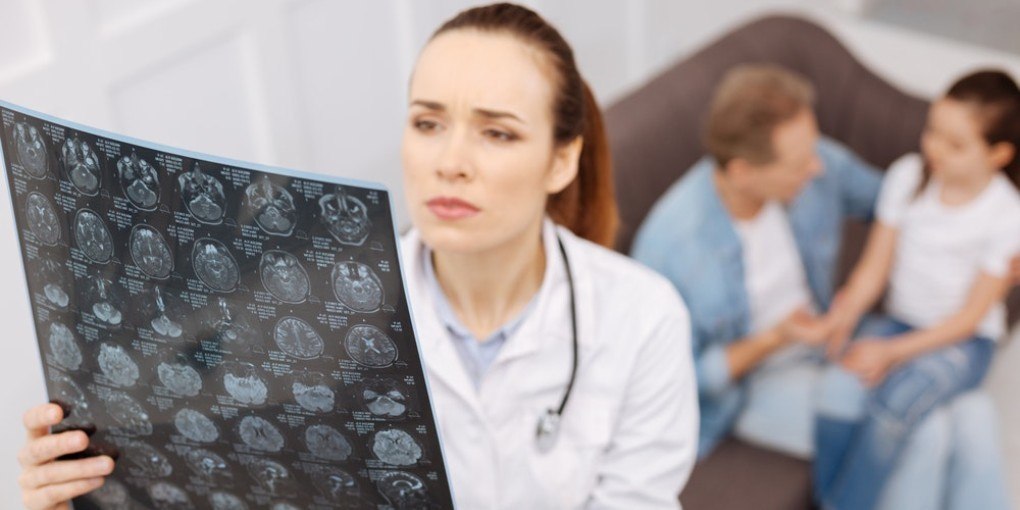Stem Cell Treatment for Traumatic Brain Injury (TBI)
A traumatic brain injury (TBI) is characterized by a disruption in the normal function of the brain due to an injury following a trauma, which can potentially cause severe physical, cognitive, and emotional impairment. In the U.S. over 2.5 million people suffer brain injuries each year and over 50,000 of them end in death and approximately 80,000 suffer permanent disability.
Research is currently underway with several clinical trials exploring stem cells and the effects they have on damage to the brain. According to NCBI, mesenchymal stem cells (also known as MSCs) have immunosuppressive properties that reduce inflammation in injured tissue. The amazing thing about most stem cells is their ability to hone in on the site of damage. Most stem cells can be administered systemically (intravenous) and they will migrate to the site of the brain injury. Once there, the stem cells will receive chemical “communications” from the cells of the damaged tissue which will cause the stem cells to differentiate into the cells of the damaged tissue to repair said tissue.
Mesenchymal Stem Cells for Brain Damage
As an adult, the most common way to get Mesenchymal Stem Cells (MSCs) is from your fat (adipose tissue) using a minimally invasive liposuction procedure your fat (adipose tissue) performed by a reputable clinic. The other method also has high efficacy is through from bone marrow and requires a little more invasive procedure where the cells are extracted from the bony area of your hip region.
For children, most researchers agree the best option for the type of MSCs that are already pre-wired for neurological and brain functions are the adult stem cells found in dental pulp. For kids losing baby teeth or wisdom teeth, collecting dental stem cells from the pulp of their tooth is a simple, non-invasive, non-controversial and potentially life-saving and life-enhancing.
Why Mesenchymal Stem Cells?
Mesenchymal stem cells can differentiate or “mature into” many different cell types including; osteoblasts (bone cells), chondrocytes (cells that makeup cartilage), myocytes (muscle cells), adipocytes (fat cells), neurons and recently described beta cells (cells found in the pancreas that synthesize insulin).
Are Kids Teeth Better than Adult Teeth?
Yes! The cells harvested from baby teeth, in particular, are at their optimum because they are young, vibrant, healthy, and full of functionality. By storing young dental stem cells now, they can be accessed in the future to take advantage of numerous age-related therapies in development.
Your Own Stem Cells are the Best Stem Cells.
Why? Your own stem cells are unique to you and highly valuable because at some point soon people will be using their own stem cells as the natural way to combat many health conditions — even aging itself.
Regenerative Medicine is an Emerging Field Involving Stem Cell Therapy.
Regenerative Medicine employs methods to restore the function of damaged tissue and organs. With all the emerging potential in tissue engineering applications using mesenchymal stem cells, a child’s loose baby tooth can provide first-rate mesenchymal stem cells that can be used in the future for cellular-therapy based applications. Mesenchymal stem cells have shown amazing promise in the potential treatment of traumatic brain injuries, Parkinson’s and Alzheimer’s disease, Type I diabetes, heart attack, stroke, Multiple Sclerosis, ALS, spinal injury, west syndrome and several others.
To read more about the studies and clinical trials, click on links below:
https://www.ncbi.nlm.nih.gov/pubmed/…
https://clinicaltrials.gov/ct2/results…
References:
https://www.ncbi.nlm.nih.gov/pmc/articles/PMC5316525/

